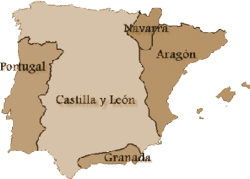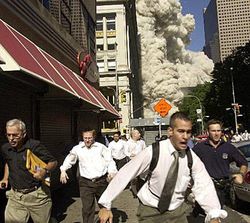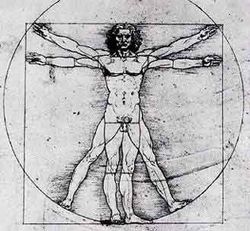
That’s the year we’re now on in the Muslim calendar. The Catholic Church, in this case based in Arabia, reigns Supreme against an Orthodox Church based in Iran.
To modern eyes it all looks barbaric, but it’s in line with Christianity’s own history. As Europe Christianized it also devolved. The Muslim World dominated “technology” and trade for the first 500 years after the prophet, and then entered a dark time of internecine warfare that has lasted from that time to this, with various forces seeking dominance based – at least in part – on how orthodox they could be, on how hard they could make it for “true believers” to consider themselves true.

What this means is that, despite what we consider its craziness, ISIS has hold of many Muslim hearts. There’s no questioning the decadence of the Saudi rulers, if you’re a Muslim. For several generations, since oil was first discovered on the Peninsula, the House of Saud has been torn between God and Mammon, and has tried to navigate a middle path, encouraging godliness in order to maintain discipline among the faithful, partaking of the modern world (often through the use of jet planes) because it is so irresistible in its delights.
The big news of 2014 is that, forced to choose, the Sauds chose modernity. Their willingness to let oil prices fall by more than half in order to squeeze ISIS, and Iraq, speaks to that. American policymakers have been all for it, because it also kicks our own enemies, like Russia, Venezuela, and the GOP. All that talk that this is some Saudi move against American interests is a cover story.

It seems insane to us, but is it any more insane than Tim McVeigh was? Than Eric Rudolph was? Than Ollie North and Dick Cheney ARE? They’re not. They are just more numerous, more dispersed, and less powerful in absolute terms.
The Sauds and the other Gulf Arabs have decided to become Medicis, but that is a controversial decision in the context of the 15th century. Imagine if the 15th century Catholicism could have drawn thousands of adherents to their own view down on Florence. Could Copernicus or Galileo have even published had there been an Internet in their time? Or would they have been beheaded quickly for blasphemy?
The popular view of Muslims, however, is far more supportive of the ideals of ISIS than it is of ISIS itself. And that’s the problem. It means democracy is not necessarily the protector of pluralism here. Turkey, supposedly the Muslim country closest to the West, has a government that is increasingly rejecting civil society, and views that contradict strict religious practice. They are popularly elected, which actually makes it harder for them to accept the modern world than the Sauds and the other absolute monarchs of the Gulf. Nigeria may opt for a civil society in the form of Goodluck Jonathan, but the only hope for beating Boko Haram on the battlefield lies with a revived army that could easily just seize power for itself. The country that has, until now, done the most against the rise of Wahhabism is probably Egypt, and few Americans want the Islamic world to go down that dark path of military dictatorship. In the battle for hearts and minds, in other words, western values are losing.
This leaves us with one effective weapon in the near term. It’s the one the Sauds are using. The price of oil. Instead of spending your “oil dividend” on gassing up the car, why not spend it insulating your house? Instead of turning up the thermostat, how about keeping it where it is? If you want to spend, put your money on energy-saving appliances and have your business buy more energy-efficient machines. That’s the way you fight ISIS. Choke off their money supply.
On the military front, the last few weeks have shown some success. ISIS is being ground down in Iraq and Syria. The Egyptian “solution” of Bashar al Assad isn’t doing it – we’re doing it. This needs to continue, relentlessly, toward victory.

It’s 1436, yes, but Islam needs a little Da Vinci right now. It needs some Michelangelo, and it ultimately needs some Martin Luther. Islam needs art and science to confront Imams until it finds those who are willing to accept science, the works of science, the process of science, as Christians eventually did through our own Reformation. The West can make clear through its economic choices that the alternative is the absolute poverty, in body and spirit, of mud huts and lives that only last 30 years, which is the way things were in the 15th century, but the real revolution across the Islamic world can’t be driven by us, or controlled by us. It has to come from inside, from hearts and minds that demand their own liberation.
Which means it won’t happen quickly. I’ve said before that there is no Moore’s Law of Training, no Moore’s Law of Education, and that we only grow and change as quickly as humanly possible, outside technology.
There is also no Moore’s Law of Politics.










